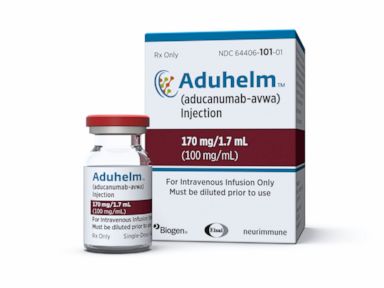
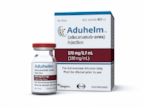

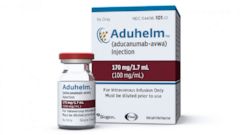
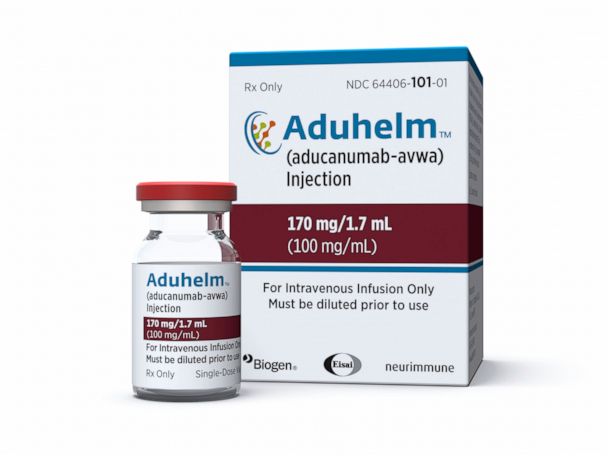
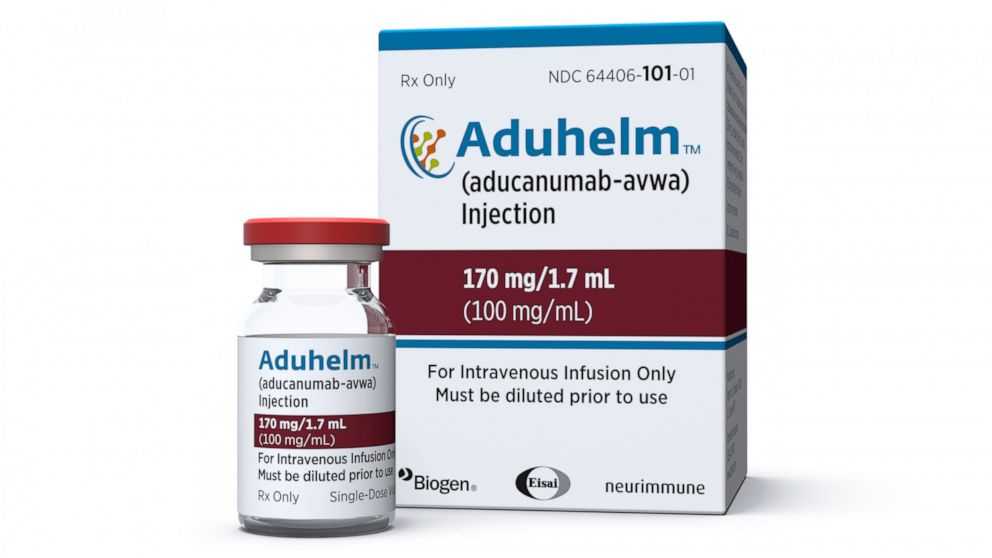

The acting head of the Food and Drug Administration is calling for a government investigation into highly unusual contacts between her agency’s drug reviewers and the maker of a controversial new Alzheimer’s drug
WASHINGTON — The acting head of the Food and Drug Administration on Friday called for a government investigation into highly unusual contacts between some of her agency’s drug reviewers and the maker of a controversial new Alzheimer’s drug.
Dr. Janet Woodcock announced the extraordinary step via Twitter. It’s the latest fallout over last month’s approval of Aduhelm, an expensive and unproven therapy that the agency OK’d against the advice of its own outside experts.
Woodcock made the request to the Department of Health and Human Services’ inspector general, the watchdog agency that oversees the FDA and other federal health agencies. The move comes after numerous calls for a probe into the approval from medical experts, consumer advocates and members of Congress. Two congressional committees have already launched their own review.
“We believe an independent assessment is the best manner in which to determine whether any interactions that occurred between the manufacturer and the agency’s review staff were inconsistent with FDA’s policies and procedures,” Woodcock stated on Twitter.
Last month, the health news site Stat reported several new revelations about the unusually close collaboration between Aduhelm drugmaker Biogen and FDA’s drug review staff. In particular, the site reported an undocumented meeting in May 2019 between a top Biogen executive and the FDA’s lead reviewer for Alzheimer’s drugs.
The meeting came after Biogen stopped two studies because the drug seemed didn’t seem to slow the disease as intended. Biogen and the FDA began reanalyzing the data together, concluding the drug may actually work. The collaboration ultimately led to the drug’s conditional approval two years later, on the basis that the drug reduced a buildup of sticky plaque in the brain that is thought to play a role in Alzheimer’s disease.
FDA interactions with drug industry staff are strictly controlled and almost always carefully documented. It’s unclear if the May 2019 meeting violated agency rules.
The FDA has faced an intense public backlash since approving the drug, which costs $56,000-a-year and requires monthly IVs. On Thursday, the agency took the unusual step of vastly scaling back prescribing information on the drug. The agency and Biogen announced the new label would recommend it only be given to patients with mild or early-stage Alzheimer’s. That came after many doctors criticized the original label as too broad — stating only that it could be used in anyone with Alzheimer’s.
Aduhelm hasn’t been shown to reverse or significantly slow the disease. But the FDA said that its ability to reduce clumps of plaque in the brain is likely to slow dementia. Biogen is required to conduct a follow-up study to definitively answer whether it really works. Other Alzheimer’s drugs only temporarily ease symptoms.
Woodcock has been serving as the agency’s acting commissioner since January. Previously she spent more than 25 years directing the agency’s drug center. While widely respected among government and drug industry circles, she has also been criticized for often pushing aggressively to approve new therapies, even when their benefits aren’t certain.
——
Follow Matthew Perrone on Twitter: @AP—FDAwriter
———
The Associated Press Health and Science Department receives support from the Howard Hughes Medical Institute’s Department of Science Education. The AP is solely responsible for all content.

